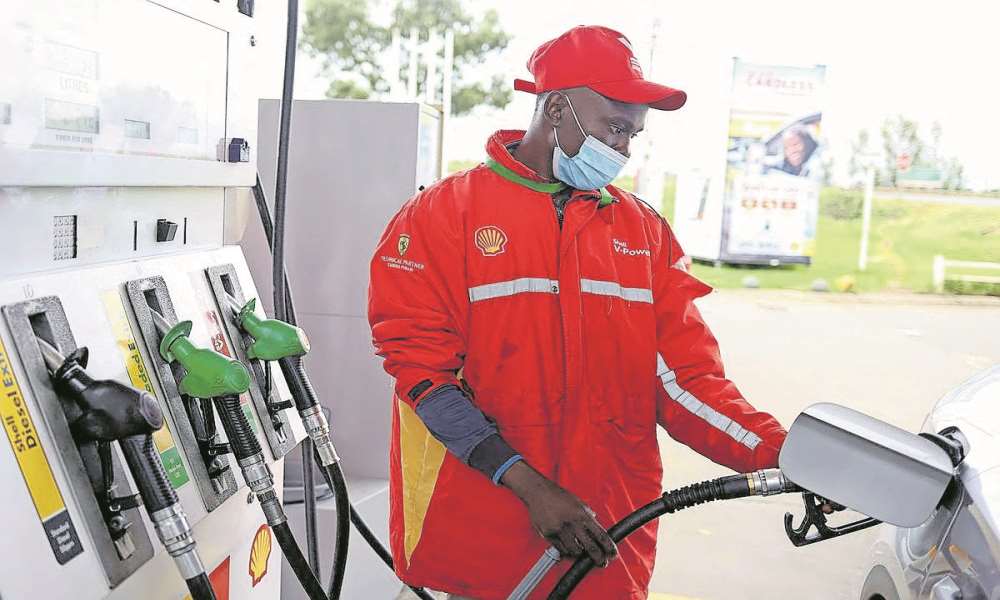South African motorists could get some relief
In September
The fuel prices are usually adjusted on the first Wednesday of a month, and determined by the price of oil and the rand-dollar exchange rate.
After a grim six months, South African motorists will probably get substantial relief next month – if the oil price and rand-dollar exchange rate don’t weaken from current levels. According to the latest data from the Central Energy Fund, the price of 95 unleaded petrol is expected to fall by around R2.60 a litre in the first week of September. The price of 93 petrol could drop by around R2.45 a litre. Diesel could be reduced by more than R2.30
The price of illuminating paraffin is on track to fall by almost R2 a litre.
"The expected decreases are good news for consumers who have been battered and bruised by these prices the past six months. With these expected decreases, the price of 95ULP will dip below R23/l and the price of 93ULP will cost just more than R22.50/l. While fuel is still more expensive now than it was at the beginning of the year, these forecast decreases do offer some relief," says the Automobile Association (AA).
The AA says while these figures are promising, it must be remembered that this is only mid-month data and that the picture may change come month-end before the adjustments for September are made.
The fuel prices are usually adjusted on the first Wednesday of a month, and determined by the price of oil and the rand-dollar exchange rate.
After hitting a high of US$123 in March, following Russia’s invasion of Ukraine, oil prices have slumped. On Monday, Brent crude oil dropped almost 5% to US$93.46 per barrel – around its lowest levels in six months.
China
AFP reported that the weakness was due to new data that showed a slowing China's economic recovery.
China's central bank slashed key interest rates in a surprise move on Monday as a raft of data showed weakness in the world's second-largest economy.
Beijing's rigid adherence to a zero-Covid-19 strategy has held back economic recovery as snap lockdowns and long quarantines batter business activity and a recovery in consumption.
Meanwhile, Iran's foreign minister said Tehran will deliver its "final" proposal later Monday on talks to revive its 2015 nuclear accord with world powers, after Washington had accepted key demands.
A deal would mean that Iran's crude output of 2.5 million barrels per day would no longer be under international sanctions and help relieve supply constraints that have been pushing up prices.
The rand was last at R16.41 after it crashed through R17 to the dollar last month. The dollar has retreated after the US economy shrank, and inflation data came in cooler than expected. This fuelled speculation that the Federal Reserve will not raise rates as high as previously expected. Higher rates in the US are negative for the rand, which then earn comparatively lower interest.
Namibia
In Namibia, the ministry of mines and energy extended the temporary reduction of the levies imposed on fuel except the fuel tax that will be reinstated back to 90 cents per litre on all products. This entails that the Motor Vehicle Accident (MVA) Fund levy, road user charge levy and the National Petroleum Corporation of Namibia (NAMCOR) levy will remain at their current levels until further notice.
The Ministry has also resolved to address the burning issue involving fuel retailers by increasing the Dealer Margin by 50 cents per litre from 1 13 cents per litre to 1 63 cents per litre.
-Fin24
-Additional reporting by Phillepus Uusiku




Comments
My Zone
No comments have been left on this article